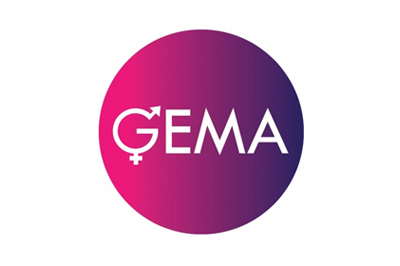Gender-equal management approach
Arguments for gender balance in economic decision-making focus on three levels. At the macro or societal level, gender balance in decision-making is desirable because of arguments for social justice and gender equality. At the opposite end, at the micro or individual level, the debate has centred around individual rights for women and the need to dismantle glass ceilings and achieve parity for pay. The focus of this project is on the meso or business level which tries to answer questions of how and why gender balance in economic decision-making can add value to organisations. In particular, we will research, transfer knowledge and raise companies’ and wider public awareness on why and how gender-diverse teams at the apex of organisations (boards, top management teams) can contribute to raising team and ultimately organisational performance.
This project is important for three reasons. First, boards and top management teams (TMTs) are at the apex of decision-making in companies and continue to be characterised by a lack of gender balance. Increasing knowledge and awareness about the impacts of genderbalance in boards and TMTs can directly affect decision-making at the highest level, in addition to creating role models for women in other parts of the organisational decision-making structures. Second, by highlighting the business case for genderbalance in decision-making, we demonstrate to companies, social partners and the wider public that achieving gender balance is not only the right thing to do, it also makes economic sense and sustains development in the long run. Thus, increased knowledge on how and why genderbalance can add value to organisations is a indispensible complement to societal and individual concerns for rights and justice. Finally, especially in these current times of economic hardship, it is crucial for companies and the European economies to increase their competitiveness by utilising the full potential of their available resources. That inevitably includes the competenceswomen and men bring to decision-making but also an understanding of how increased diversity in boards/TMTs can be tapped to realise positive team and organisational outcomes.
More about GEMA on: https://www.linkedin.com/company/gema-gender-equal-management-approach.

With financial support by the PROGRESS Programme of the European Union.

